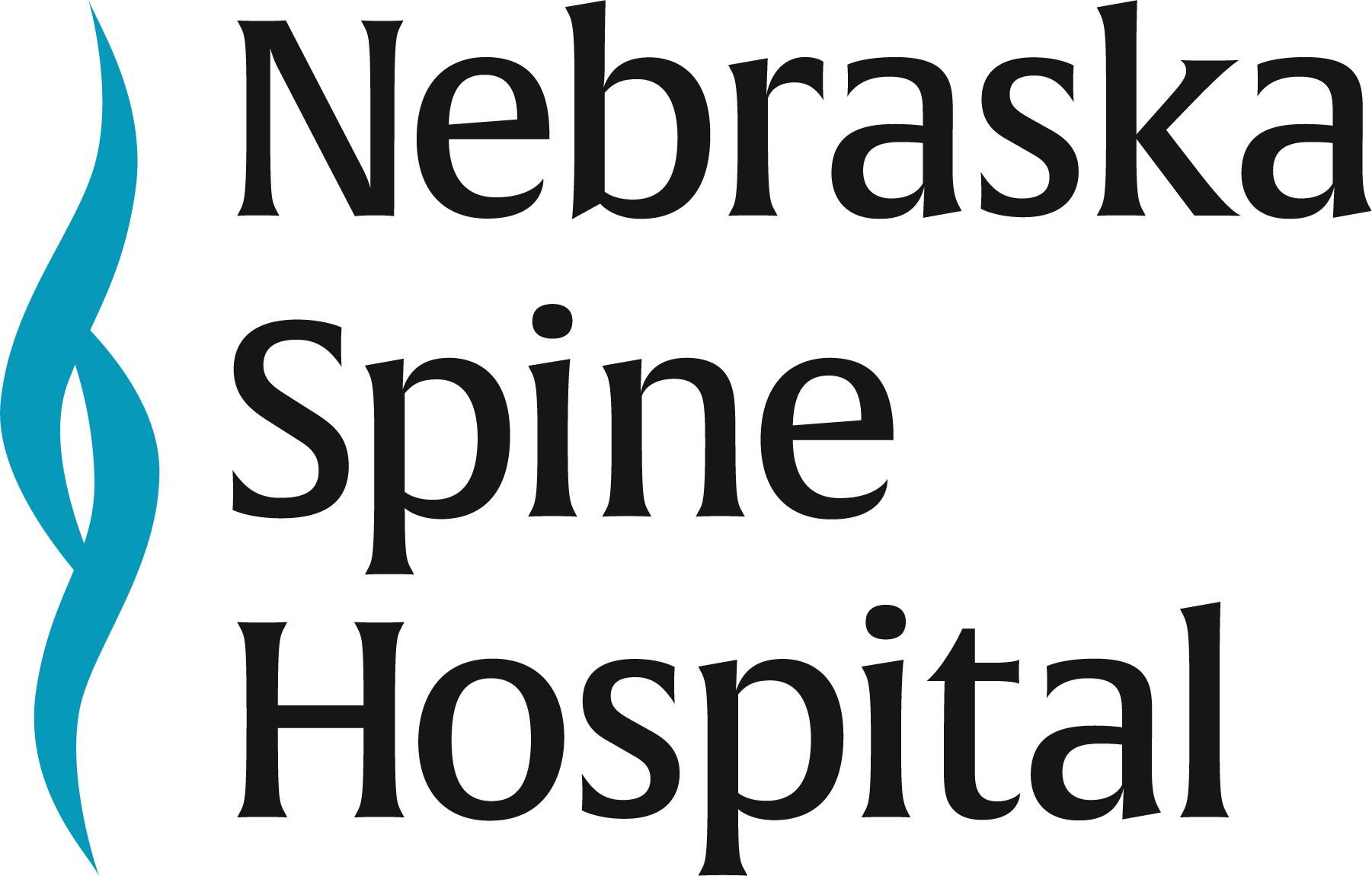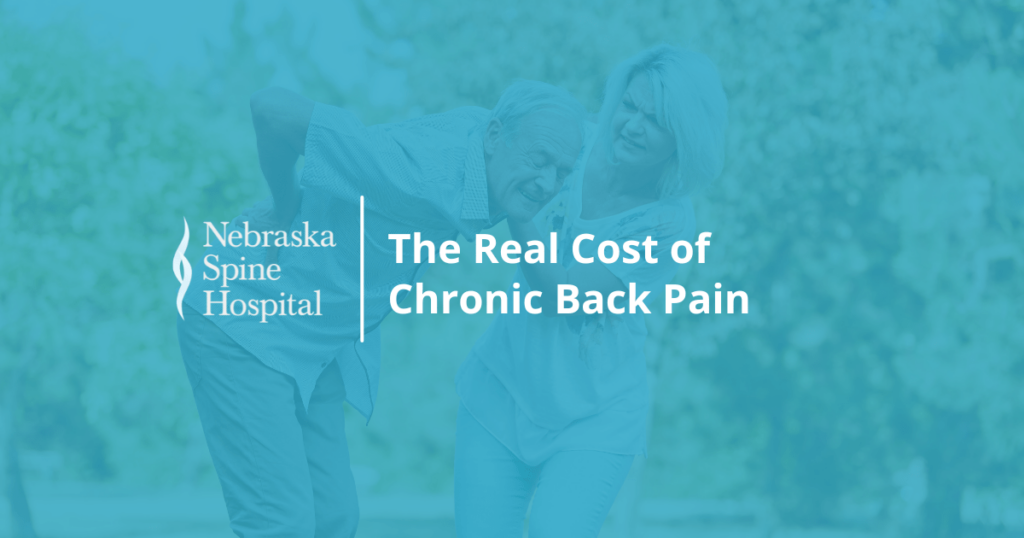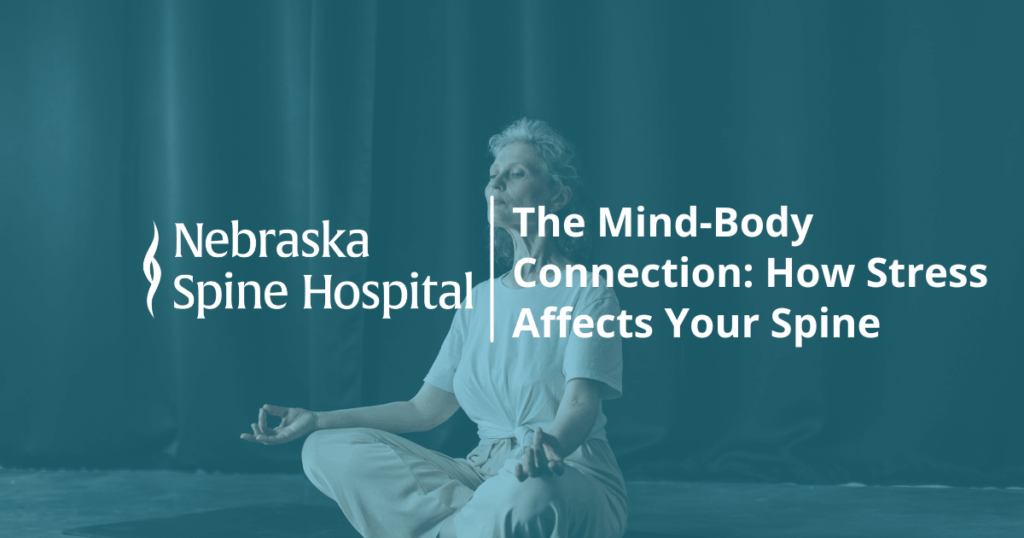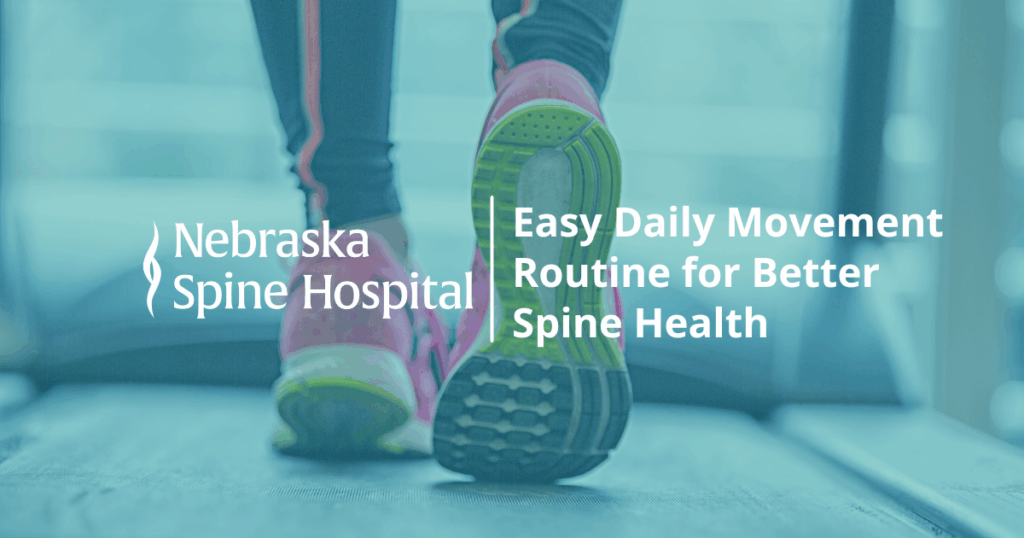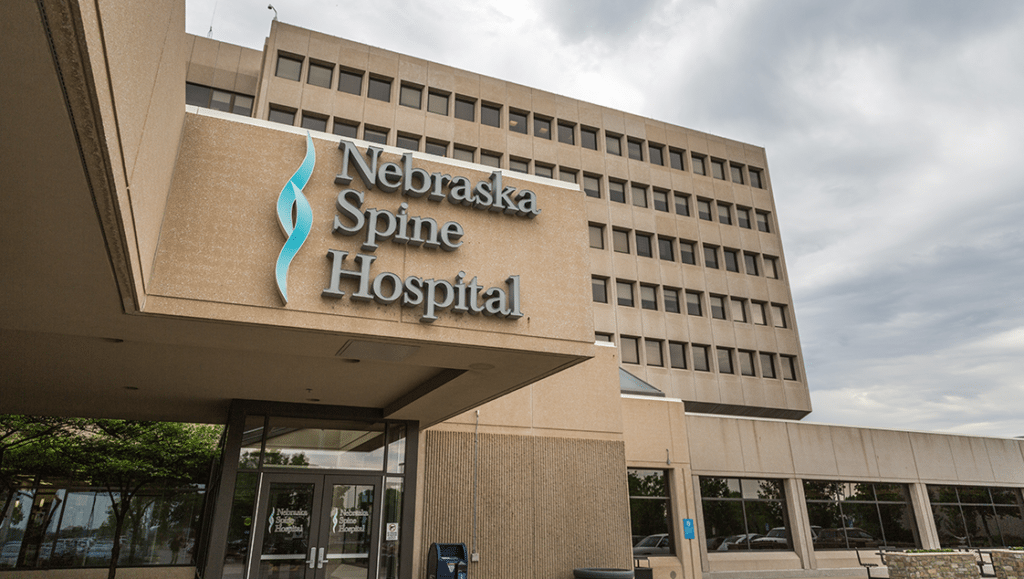Chronic back pain is not just a personal health issue; it is a significant societal concern with far-reaching economic and social impacts. We understand the profound effects that back pain can have on individuals, families, and communities. We know firsthand the consequences of chronic back pain and are committed to addressing this pervasive issue.
Economic Impact of Chronic Back Pain
Lost Productivity
This type of back pain is one of the leading causes of disability worldwide, and it significantly reduces productivity in the workplace. According to the American Academy of Pain Medicine, pain-related conditions cost the U.S. economy an estimated $635 billion annually in medical expenses and lost productivity. Employees suffering from back pain often experience reduced work hours, increased absenteeism, and lower overall performance. This loss in productivity can be detrimental to businesses, affecting their bottom line and competitiveness.
Healthcare Costs of Chronic Back Pain
The direct medical costs associated with back pain are staggering. Patients often require frequent visits to healthcare providers, expensive diagnostic tests, and long-term treatment plans. The strain on healthcare systems to manage relentless back pain is immense, underscoring the need for effective prevention and treatment strategies.
Social Impact of Chronic Back Pain
Quality of Life
Beyond the economic costs, this type of back pain significantly affects individuals’ quality of life. Persistent pain can lead to physical limitations, making it difficult for individuals to engage in everyday activities, enjoy hobbies, or even care for themselves. This loss of independence can result in emotional distress and a diminished sense of purpose and well-being.
Mental Health
Chronic back pain is closely linked to mental health issues such as depression and anxiety. The constant struggle with pain can lead to feelings of hopelessness and helplessness, exacerbating mental health conditions. Studies have shown that individuals with chronic pain are four times more likely to suffer from depression compared to those without pain. This dual burden of physical and mental health issues further complicates treatment and recovery.
Family and Caregiver Burden
The ripple effect of chronic back pain extends to families and caregivers. Loved ones often bear the emotional and financial burden of supporting someone with chronic pain. This can lead to strained relationships, increased stress, and, in some cases, financial hardship due to lost income or additional healthcare expenses. The impact on children can be particularly profound, as they may take on caregiving roles or experience emotional distress watching a parent struggle with pain.
Addressing the Issue of Chronic Back Pain
Preventive Measures
Preventing chronic back pain requires a multifaceted approach. Public health initiatives focused on education about proper body mechanics, workplace ergonomics, and healthy lifestyle choices can reduce the incidence of back pain. Early intervention and treatment of acute back pain can prevent it from becoming chronic.
Advanced Treatment Options
At Nebraska Spine Hospital, we specialize in back surgery and other advanced treatments to address this back pain effectively. Our team of board-certified and fellowship-trained orthopedic spine surgeons is dedicated to providing personalized care to help patients regain their quality of life.
Support Systems
Providing robust support systems for individuals with back pain is crucial. This includes access to mental health services, pain management programs, and community support groups. Comprehensive care that addresses both the physical and emotional aspects of this pain can improve outcomes and reduce the societal burden.
This type of back pain is a complex issue with significant societal costs. By understanding its economic and social impacts, we can take proactive steps to address and mitigate these effects. At Nebraska Spine Hospital, we are committed to providing exceptional care and advancing the treatment of chronic back pain to improve the lives of our patients and the well-being of our community. For more information about our services, please visit Nebraska Spine Hospital.

